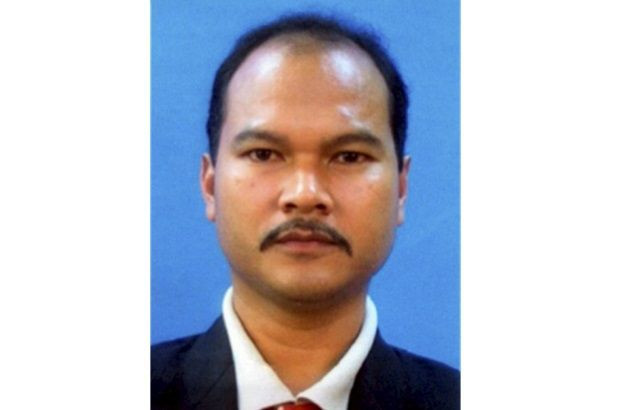In a complex international legal drama, former Malaysian police commando Sirul Azhar Umar, convicted for the 2006 murder of Mongolian model Altantuya Shaariibuu, has been released from Australian immigration detention. This development has sparked discussions between Malaysian authorities and the Australian government about Sirul's potential repatriation.
Inspector-General of Police (IGP) Tan Sri Razarudin Husain confirmed Sirul's release from the Villawood Immigration Detention Centre in Sydney and stated plans to discuss extradition with the Attorney General's Chambers (AGC). "This involves the governments of Malaysia and Australia," Husain said, highlighting the diplomatic intricacies of the case.
Home Minister Saifuddin Nasution Ismail indicated that a government decision on seeking Sirul's repatriation could be announced shortly, within 48 hours. The situation is heightened by Sirul's past as a former bodyguard to Datuk Seri Najib Razak and the controversial nature of Altantuya's murder.
Sirul, alongside chief inspector Azilah Hadri, was initially sentenced to death in 2009 by the Shah Alam High Court. Although briefly freed by the Court of Appeal in 2013, the Federal Court reinstated their death sentences in 2015. Sirul was in Australia at the time, leading to his subsequent detention after an Interpol red notice.
The Australian High Court's recent ruling, stating that non-citizen detainees who cannot be deported can no longer be held indefinitely, paved the way for Sirul's release. However, Australia's non-refoulement obligations, which prohibit deportation to a country where an individual faces the death penalty, complicate matters.
Malaysia's abolishment of the death penalty and ongoing reviews by the Federal Court might influence Australia's stance on extradition. In 2019, it was reported that Sirul's extradition could be possible if Malaysia assured that the death penalty would not be carried out.
Sirul's case has attracted significant media attention, with his lawyer William Levingston confirming the release to The Guardian. Sirul, now residing with a relative in Canberra, claimed in an interview that he was ordered to kill Altantuya but did not disclose the source of the instructions.
This high-profile case tests the intricacies of international law, diplomatic relations between Malaysia and Australia, and the evolving standards of human rights and justice.




